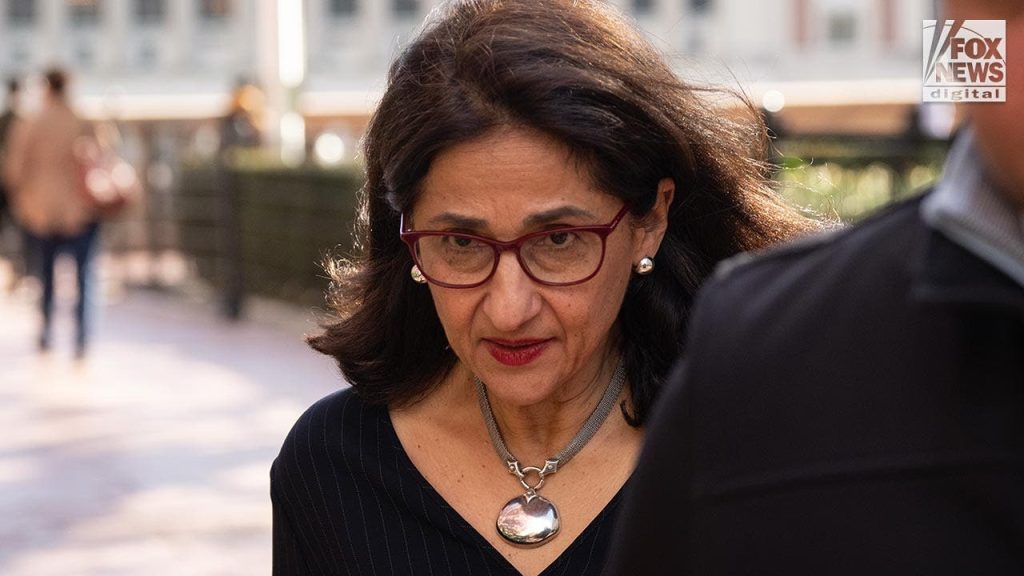The Columbia University Senate recently voted in favor of a resolution calling for an investigation into the school’s leadership in response to ongoing anti-Israel protests on campus. The resolution alleges that Columbia President Minouche Shafik violated established protocols by authorizing the New York City Police Department to enter the campus and arrest protesters, thus violating the due process rights of students and faculty. Despite the Senate’s vote, it does not have the authority to remove Shafik, who has faced increasing calls to step down amid the spread of antisemitism and disruptions caused by the protests against Israel.
Shafik expressed sadness over the actions of agitators who have disrupted campus activities with anti-Jewish slogans and chants. The protest encampment that appeared on the campus lawn area on April 17, coincided with Shafik facing criticism at a congressional hearing from Republicans who accused her of failing to combat antisemitism. In response to the unrest, U.S. House Republicans from New York have called for Shafik’s resignation, citing a lack of a safe learning environment on campus amidst the chaos. This situation has drawn attention to ongoing concerns about antisemitism at Columbia and the challenges faced by university leadership in addressing such issues.
The university affirmed its commitment to dialogue and finding a way forward in addressing the unrest on campus. The administration emphasized the shared goal of restoring calm to allow students and faculty to pursue their educational activities. The Senate, as the university’s policy-making body comprising students, faculty, and administrators, has engaged constructively in addressing the situation. While the resolution raised concerns about Shafik’s actions, it remains to be seen how this will impact the ongoing protests and calls for her resignation, given the limitations of the Senate’s authority in removing her from her position.
The resolution adopted by the Columbia University Senate highlights the escalating tensions on campus as protests against Israel and concerns about antisemitism persist. Shafik’s authorization of police intervention in response to the protests has sparked criticism and further fueled calls for her resignation. The Senate’s vote underscores the scale of the challenges facing university leadership in managing such complex and contentious issues. As the situation continues to unfold, it remains uncertain how the university community will navigate these challenges and work towards restoring peace and stability on campus.
The protests at Columbia University have drawn attention to broader issues of free speech and campus safety, as well as concerns about rising antisemitism. The presence of an encampment on campus and disruptive activities by agitators have raised questions about how universities can balance the rights of students to protest with the need to maintain a safe and inclusive environment for all. The Senate’s resolution calling for an investigation into the school’s leadership reflects a desire to address these concerns and ensure that due process rights are upheld, even as the university grapples with the ongoing impact of the protests on campus dynamics.
In conclusion, the situation at Columbia University underscores the complex challenges faced by university leaders in addressing issues of antisemitism, free speech, and campus safety. The Senate’s resolution and calls for President Shafik’s resignation reflect a broader debate about how universities can effectively navigate such contentious issues while upholding their commitment to academic freedom and diversity. As the university community works towards finding a pathway forward, it is clear that ongoing dialogue and engagement will be crucial in addressing the underlying tensions and restoring peace on campus. The outcome of these efforts will have far-reaching implications for the university’s reputation and its ability to foster a safe and inclusive environment for all students, faculty, and staff.


